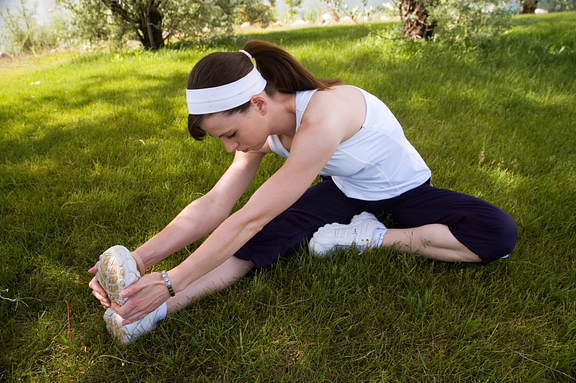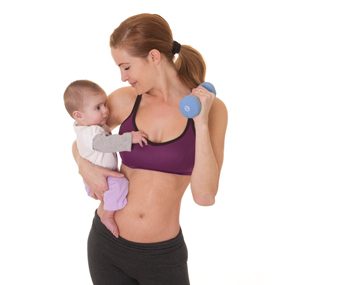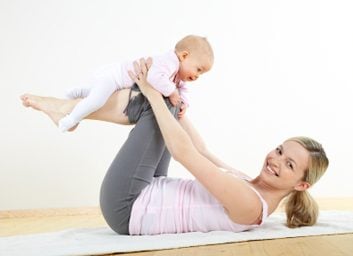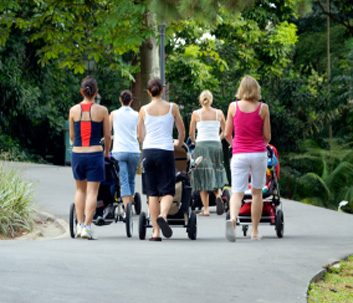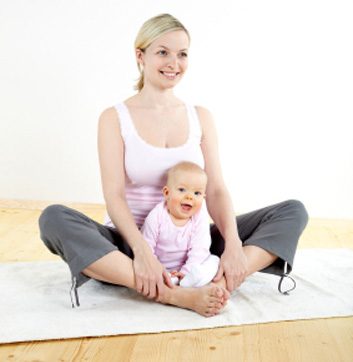A new analysis by Stanford University professor
Mark Z. Jacobson and colleagues shows that the world can be powered by 100% clean, renewable energy, with today's technology.
The
analysis looks at different pathways, using different ways of energy generation (by wind, water and sunlight), in combination with storage, transmission, and demand response, concluding that the world can also be powered by 100% clean, renewable energy at a lower cost than a BAU (Business-As-Usual) scenario dominated by fossil fuel.
“Based on these results, I can more confidently state that there is no technical or economic barrier to transitioning the entire world to 100% clean, renewable energy with a stable electric grid at low cost,”
says Mark Jacobson.
Moreover, the price of fuel currently excludes the cost of health and climate damage caused by fuel. When including these costs, the cost of clean, renewable energy is ¼ the cost of BAU. Since clean, renewable energy uses 43%-58% fewer kWh, it is ⅛ the cost of fuel.
The price of fuel looks set to go up over time due to decreasing economies of scale for fuel and due to the cost of conflict associated with fuel. As an example, a
2017 report puts the cost of U.S. military intervention in Syria, Iraq, Afghanistan, and Pakistan over the period FY2001-FY2018 at $5.6 trillion, or $23,386 for the average taxpayer. The report adds that, unlike past US wars, these wars have been paid for largely through borrowing. The $5.6 trillion includes the interest the US has already paid on this debt, but it does not include projected future interest. Even if the US stopped spending money on these wars right now, cumulated interest costs on borrowing will ultimately add more than $7.9 trillion to the national debt over the next several decades.
Meanwhile, the price of clean, renewable energy looks set to keep coming down, in line with ongoing innovation, efficiency improvements and economies of scale. Examples are
induction cooking,
batteries,
heat pumps,
LED lights,
refrigeration and
smelters.
Local feebates can most effectively and rapidly achieve the necessary transition to clean, renewable energy. One example is to impose fees on sales of fuel, with the revenues used to fund rebates on local supply of clean, renewable energy. Another example is to impose fees on registration of vehicles with internal combustion engines, with the revenues used to fund rebates on registration of battery-electric vehicles. Local feebates can best help areas each get their preferred mix (of local supply/storage, of grid interconnection and imports/exports of electricity, and of
demand response).
The
Climate Plan calls for dramatic cuts in emissions through such policies, while also calling for further lines of action. For more on the benefits of feebates, see the
feebates and
policies pages.
100% clean & renewable energy is technically feasible and more attractive economically, more healthy, and will provide more jobs and more robust, stable and lower-cost energy with greater energy independence and security and with less need for land, water and imports. Moreover, it will dramatically reduce harmful pollution and emissions, which is absolutely imperative in the light of the urgent need to act on global warming.
Feel encouraged to discuss things further at the following groups at facebook:
facebook.com/groups/Renewablesfacebook.com/groups/ElectricTransportfacebook.com/groups/biocharfacebook.com/groups/ClimateAlertfacebook.com/groups/ArcticNewsfacebook.com/groups/geoengineeringLinks• Climate Plan
https://arctic-news.blogspot.com/p/climateplan.html• Matching demand with supply at low cost in 139 countries among 20 world regions with 100% intermittent wind, water, and sunlight (WWS) for all purposes, by Mark Z. Jacobson et al.
https://www.sciencedirect.com/science/article/pii/S0960148118301526 • Stanford engineers develop a new method of keeping the lights on if the world turns to 100% clean, renewable energy
https://news.stanford.edu/2018/02/08/avoiding-blackouts-100-renewable-energy• Costs of War project, Brown University’s Watson Institute for International and Public Affairs
http://watson.brown.edu/costsofwar/• Rapid Transition to a Clean World
https://arctic-news.blogspot.com/2015/11/rapid-transition-to-a-clean-world.html• Roadmap for Repowering California for all Purposes with Wind, Water, and Sunlight
https://arctic-news.blogspot.com/2014/06/roadmap-for-repowering-california-for-all-purposes-with-wind-water-and-sunlight.html• Feebates
https://arctic-news.blogspot.com/p/feebates.html• Policies
https://arctic-news.blogspot.com/p/policies.html• Professor Mark Z. Jacobson speaks at Cupertino Rotary, California, May 9, 2018
https://vimeo.com/269302931



